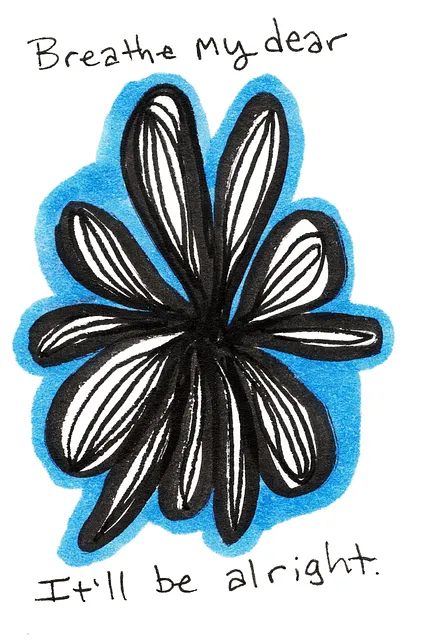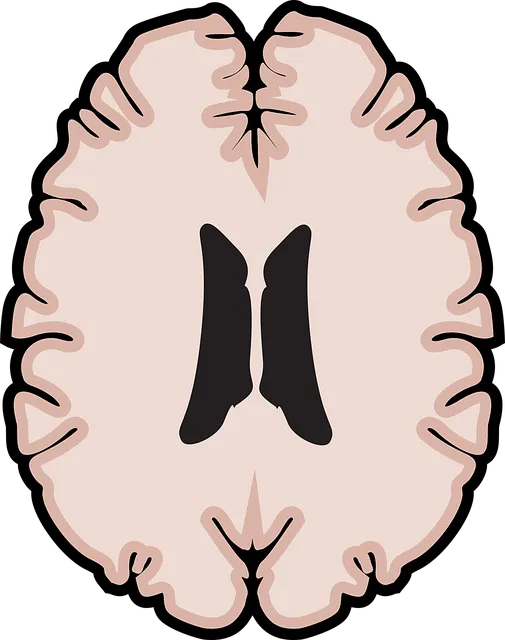Westminster Kaiser's mental health classes are designed to equip individuals, especially healthcare providers, with essential coping skills for high-pressure situations and maintaining mental wellness. These interactive sessions integrate mindfulness, stress management, and adaptive thinking techniques, fostering resilience and balance to prevent burnout. By providing safe spaces for open discussions and practical tools like mindfulness meditation and cognitive reframing, the classes enhance overall quality of life and promote holistic emotional healing. Through innovative approaches including podcast series, Westminster Kaiser's programs empower participants with proactive mental health strategies, building resilience and fostering broader public awareness of effective coping mechanisms.
Coping skills development is a vital component of maintaining mental well-being, especially in today’s fast-paced world. This article explores effective strategies for enhancing resilience and managing stress through various techniques. We delve into the significance of understanding coping skills, highlighting the positive impact of Westminster Kaiser mental health classes. By identifying personal mechanisms and adopting proven strategies, individuals can navigate challenges more effectively. Discover how building resilience through coping skills development fosters a healthier, more balanced life.
- Understanding Coping Skills and Their Significance
- The Role of Westminster Kaiser Mental Health Classes
- Identifying Personal Coping Mechanisms
- Strategies for Effective Stress Management
- Building Resilience Through Coping Skills Development
Understanding Coping Skills and Their Significance

Coping skills are the strategies we use to navigate and manage life’s challenges and stress. They play a pivotal role in our mental health and overall well-being, especially for healthcare providers who often face high-pressure situations. At Westminster Kaiser, our mental health classes focus on developing robust coping mechanisms, ensuring individuals have a toolkit to confront daily stressors effectively.
Understanding these skills is essential for maintaining balance, preventing burnout (a significant concern among healthcare workers), and fostering mental wellness. The podcast series production behind many educational resources highlights the power of communication strategies in building resilience. By learning techniques such as mindfulness, stress management, and adaptive thinking, individuals can improve their ability to cope with life’s twists and turns, enhancing their overall quality of life.
The Role of Westminster Kaiser Mental Health Classes

Westminster Kaiser Mental Health Classes play a pivotal role in promoting coping skills development and stress reduction methods among participants. These classes are designed as part of a comprehensive mental health education program, focusing on empowering individuals with practical tools to navigate life’s challenges. Through interactive sessions, participants gain insights into various techniques that foster resilience and emotional well-being.
The Mental Health Education Programs Design at Westminster Kaiser prioritizes creating a safe and supportive environment, encouraging open discussions about mental health concerns. The curriculum is meticulously crafted to cover different aspects of coping skills development, including mindfulness practices, stress management strategies, and effective communication techniques. By engaging in these programs, individuals not only learn to identify and manage their emotions but also develop effective problem-solving skills, enabling them to lead more fulfilling lives.
Identifying Personal Coping Mechanisms

Uncovering personal coping mechanisms is a pivotal step in managing mental well-being. This process involves introspecting to identify strategies that offer respite from life’s challenges. At Westminster Kaiser, our mental health classes emphasize this aspect, teaching individuals how to recognize their unique ways of dealing with stress and adversity. By understanding these mechanisms, one can harness their power during difficult times, fostering resilience and enhancing overall mental fortitude.
The journey of self-discovery in coping skills development is akin to unweaving a complex tapestry—each thread represents a different method of Stress Reduction. Our classes guide individuals through this process, not only helping them identify these mechanisms but also refining and expanding their toolkits. Through engaging discussions and practical exercises, participants learn to leverage the Mind Over Matter principles, ultimately contributing to the Public Awareness Campaigns Development focused on promoting effective coping strategies in everyday life.
Strategies for Effective Stress Management

In today’s fast-paced world, effective stress management is a crucial component of maintaining overall well-being, and Westminster Kaiser mental health classes offer valuable strategies to cope with daily pressures. These classes emphasize the importance of self-care and provide participants with practical tools to navigate life’s challenges. Through interactive sessions, individuals learn techniques such as mindfulness meditation, deep breathing exercises, and cognitive reframing, which empower them to respond to stressful situations with resilience. By integrating these coping skills into their daily routines, folks can experience reduced anxiety levels, improved emotional regulation, and enhanced mental wellness.
The Mental Wellness Coaching Programs Development at Westminster Kaiser goes beyond surface-level stress relief by focusing on holistic emotional healing processes. This comprehensive approach includes risk assessment for mental health professionals, ensuring a safe and supportive environment. By combining evidence-based practices with personalized guidance, these programs foster profound transformations, helping individuals break free from negative thought patterns and embrace a more balanced state of being.
Building Resilience Through Coping Skills Development

Building resilience is a key aspect of coping skills development, and Westminster Kaiser’s mental health classes are designed to empower individuals with the tools needed to navigate life’s challenges. These comprehensive programs focus on fostering mental wellness by teaching effective coping strategies. Through engaging mental health education, students learn to manage stress, regulate emotions, and build a robust support network—all essential components of resilience.
The classes, tailored to meet diverse needs, go beyond traditional therapy models. They incorporate innovative approaches, such as the production of mental wellness podcast series, offering practical insights and real-life examples. This dynamic learning experience encourages active participation, enabling individuals to develop personalized coping skills. Additionally, the depression prevention strategies taught within these classes equip participants with the knowledge to recognize and address potential mental health issues early on, promoting overall well-being.
Coping skills development, as highlighted by the Westminster Kaiser mental health classes, is a powerful tool for navigating life’s challenges. By understanding and employing effective coping mechanisms, individuals can enhance their resilience and overall well-being. This article has explored various strategies, from identifying personal coping mechanisms to building resilience, emphasizing the importance of proactive stress management. Integrating these practices into daily life can lead to improved mental health and a more balanced approach to stress, ultimately fostering a healthier and happier existence.






